Why should you go for SAP MDG course?
Category: SAP MDG Posted:Feb 03, 2017 By: RobertSAP MDG (SAP Master Data Governance) consists of applications to monitor master data for line of business processes. For all lines of business have a major problem of redundant and inconsistent master data in multiple systems. SAP MDG delivers framework and tools to ensure consistent master data along end to end business processes.
According to the technology research organization Master Data is the consistent and uniform set of identifiers and extended attributes that describes the core entities of the enterprise, such as customers, citizens, prospects, suppliers, sites, hierarchies, and chart of accounts.
Gartner goes on to state that every organization has Master Data, yet the definition of Master Data and its components are different in every organization. Most organizations end up not having or having incomplete definitions of what represents Master Data within the organization. Even though there is no universally acceptable example of what constitutes master data, a common definition must be applied.
SAP Master Data Governance or SAP MDG is a natural extension of the business processes operating in the SAP Business Suite, providing domain-specific Master Data Governance to centrally create, change, and distribute master data.
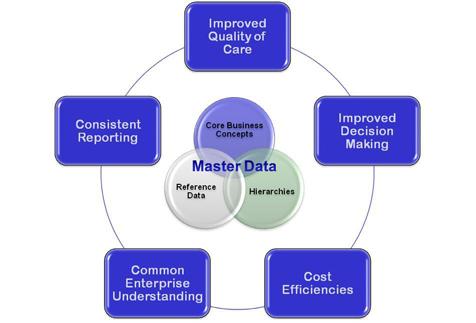
MDG, as the name suggests, dispenses a centralized business process that helps in the creation, modification, and distribution of the master data. Along with centrally governing the data, MDG also helps consolidate data, thereby reducing the overall costs and business expenses.
Organizations ensure consistency and data quality by using MDG to consolidate and centrally govern master data.
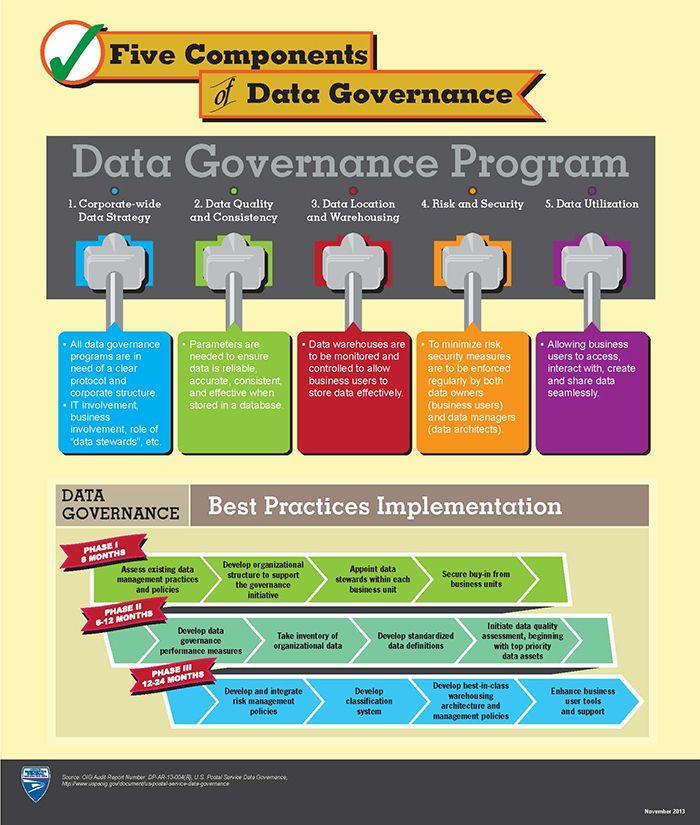
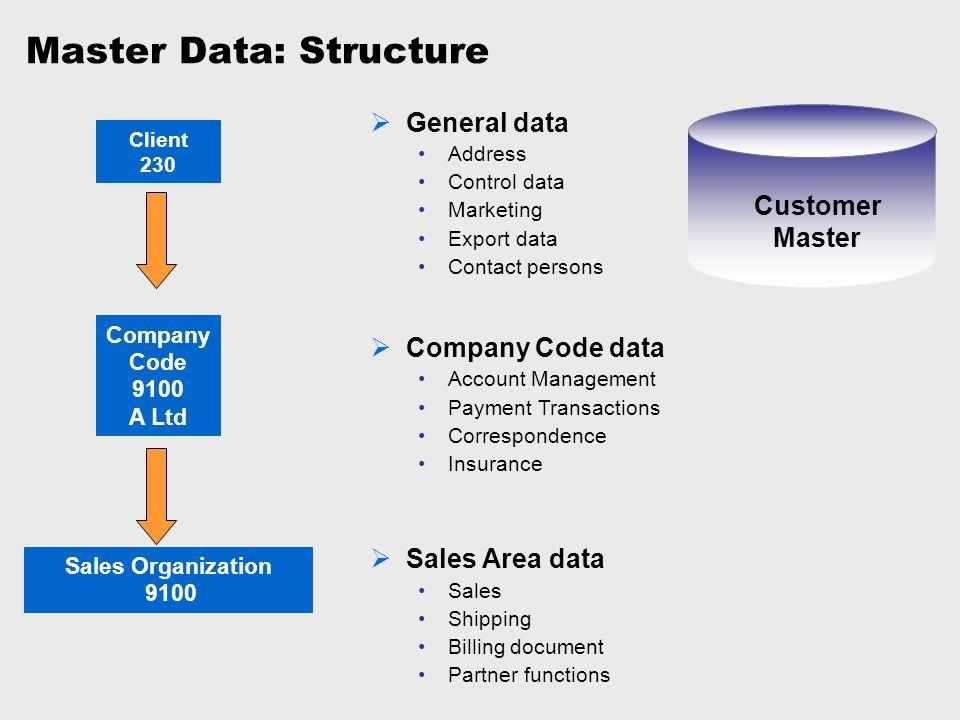
Master Data is data which is used in multiple instances within an enterprise. For instance, description of products, customer information, purchase histories and more. SAP MDM expertise comprises synchronizing the “master data” for enterprises. Adequate management of such data is a business-critical task. MDM supports consistency of data across multiple systems that streamlines business processes (operational MDM) and enterprise reporting (Analytical MDM).
Implementation and execution of MDM helps enterprises save more and have organized and efficient data for supporting its business processes. However, the challenge lies in implementing the MDM software properly, as also managing governance of data and change management issues.
Why Choose MDG?
The principal benefit of using MDG is a short implementation cycle. Many underlying technical components of MDG are model driven and support a coding-free implementation. These technical components such as SAP Business Workflow, ABAP Dictionary, BRFPlus and WDA FPM have been around for quite some time and are also used across several SAP products. They have developed greatly over time and each is a mature solution in its own right.
Also it is important to note that MDG is built upon a very stable platform. MDG is a relatively new solution and has developed greatly within the last few years. But, the fact that it is implemented on very mature technical components, gives it tremendous stability within a very short time span.
MDG is SAP’s product offering for Master Data maintenance. The nearest version NetWeaver MDM is now retired and is being phased out. NetWeaver MDM was a good product but it is history now. Most professionals having worked on NetWeaver MDM found that one of the primary issues with it was the long implementation times. MDG on the other hand, uses the ABAP stack, has a fraction of the implementation time and is blazing fast compared to its competitor.
SAP MDG Pre-requisites
SAP MDG is so universal that it can be taken up by most professionals in the IT industry or aspiring to work in the IT industry. But that being said, for the sake of convention, we can narrow down that the course is built for professionals with following backgrounds:
- MDM professionals with experience in Master Data projects maintenance and want to shift their expertise to SAP MDG
- ABAP Developers who want to work on MDG projects
- Professionals with a technical background, who are interested to know more about the inner workings of the SAP MDG Solution
The Massive Promise that SAP MDG Holds
MDG is promising because Master Data is important to the point of criticality for all businesses. The fast growing importance of data, to businesses, can hardly be overstated. Even non-technical professionals have realized the importance of data in enterprises and how it is leveraged on a daily basis to power businesses to achieve new business goals. When it comes to business and technical professionals, who know the specific workings of this data and how it is used are increasingly aware of the criticality of data in businesses worldwide.
It is well known that any analysis performed (for example in SAP BI), on such huge volumes of business/industry data, is only as good as the quality of Master Data that it is plotted against. The dimensions for such analyses are and have to be accurate. The same applies for the efficiency of core processes (for example, in ERP) that depend due to large extent on Master Data values.
The advantageous features of SAP MDG include but are not restricted to:
- Utilizing existing interfaces and workflows on top of tested data models
- Verifying and keeping track of when, why, and by whom master data was changed using version control methods, and helps automate the notification process
- Standardize, validate, and enrich data by applying, re-using, and integrating existing infrastructure and logic, thereby enhancing its quality
- Dispense broad application and systems support by replicating the master data as required across cloud systems and locally, and then centralizing and consolidating the master data from SAP/Non-SAP systems to generate the most accurate record
- Enhance scalability and performance by utilizing the SAP HANA in-memory platform.
The above processes help enhance client-based activities such as customer service, financial consolidation, supplier on-boarding, and a whole lot more.
Benefits of working with MDG for your enterprise:
- Enhanced revenue by streamlining product data that helps to recognize upsell and cross-sell opportunities
- Boosted efficiency and productivity by centralizing governance of activities and workflows relating to the master data
- Minimized procurement cost by integrating material and supplier data across plants, departments, and regions to gain discounts
- Speedy reporting cycles and reconciliation by validating, integrating, and synchronizing Master Data across local and corporate systems
- Enhances the efficiency of the business processes by delivering the actual Master Data to the Operating Systems
- Synchronization of master data and use of global attributes to ensure consistency of information
- Cleansing, normalization, and enrichment of master data through the integration with SAP Data Services
- Improved reporting and analysis through integration with SAP software
- Support of data governance through integration with SAP software
- Consolidation of master data from heterogeneous sources into a centralized repository
Current and Long Term Data Governance Benefits
Data governance is defined as management of data to validate for accuracy as per the standards, requirements, or rules that an individual corporation needs for their individual business.
In the current marketplace, several businesses are growing at a rapid pace with systems process generating many transactions and creating vast amounts of new data, ranging from adding new customers, vendors and materials to payments, debits and credits.
While entering the data automatically or manually there is a margin of error to enter incorrect or duplicate data which can lead to a massive data oriented disaster for decision making and implementing new business strategies. Enterprises are waking up to this reality and realizing that their data must be cleansed and enriched to compete and get the full benefit of their historical and present transactional and master data. To better leverage data as a strategic asset, companies are equipping their people as well as their technology and processes to manage the long term quality of their data.
It is shown below how SAP MDG has the maximum market share in its domain.

Data governance controls the quality of the data and provides consistent and trustworthy data that business users can depend upon to make critical decisions.
A great data governance process lets companies know whether the data they are accessing is current or historical data, and whether it will be reliable and usable for analysis. The benefits of data governance, such as improving data quality, data accuracy, completeness and eventually maximizing the profits of the company, are an ROI the company can realize well into the future.
Data is an essential and strategic raw material for any enterprise, irrespective of industry, demographics and size. With the higher volumes of data streaming into businesses today with a variation of formats, ranging from structured to unstructured, it is critical to get the right information at the right time to the right people to empower the entire enterprise to grow and capitalize on new opportunities. A corporation should understand the comprehensive and long term impact of data as a true and valued asset and treat it in a consistent manner using a complete data governance strategy. After this is done they can use data more intelligently to power their business towards business success.
Job and Salary Outlook
While it is a well-known fact that SAP professionals are always in high demand irrespective of the industry and economic situation, the employment opportunities for SAP MDG practitioners are huge with organizations vying for the best talent in the industry, offering the highest salaries possible in the domain.
One can choose from a variety of designations such as a SAP MDG Specialist, Consultant, Specialist Lead, and a whole lot of other designations in between while looking for jobs in this domain.
The salary for an average SAP MDG certified professional or practitioner is around $88,560 in Los Angeles, California as of January 2017 according to the international job portal Indeed.com. This is a whole 6% higher than the national average for salaries in the same domain!
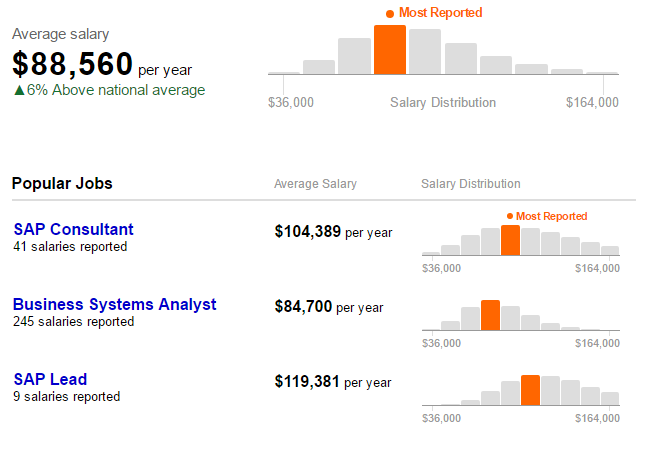
The average salary for a SAP MDG Specialist can range from $84,000 to as high as $119,381 per year for a Lead Specialist in Carrollton, Texas in the US.
Companies such as Accenture Inc., Utopia Inc, and Reckitt Beckinser Group are just some of the companies that are actively hiring SAP MDG professionals without showing signs of slowing down, according to the research firm idatalabs.com.
Conclusion
Data has always been driving enterprises to achieve business goals by bringing in a better understanding of business needs and tying them to the needs of the customer. With the generation and dissemination of data reaching new levels with each passing day, it becomes imperative for organizations the world over to channel and leverage data management and analytics to drive business performance. This can help businesses boost their bottom line effortlessly and capitalize on a sizeable ROI with minimum initial investment. Keeping this in mind, Master Data Governance is the last word in data management and a certification in the same will help a professional ride the wave of data management into better careers and pay.
For questions or added info on this subject, you can visit our website. At ZaranTech we offer self-paced online training programs on SAP MDG topics. Enroll with us and skyrocket your career.
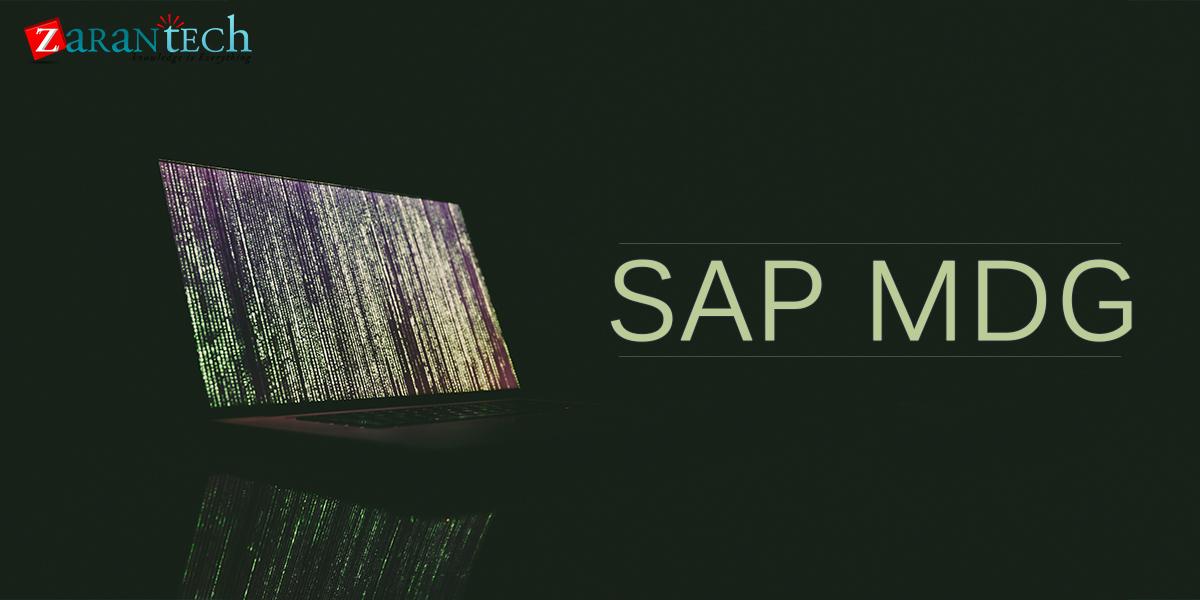
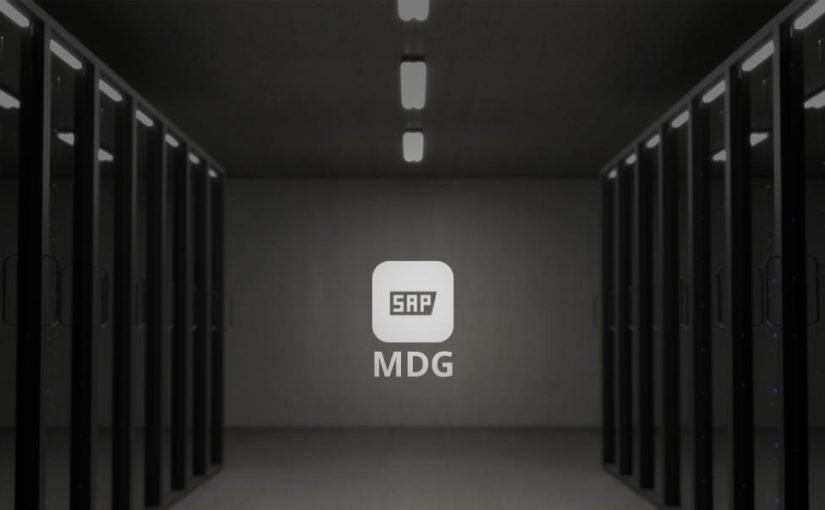
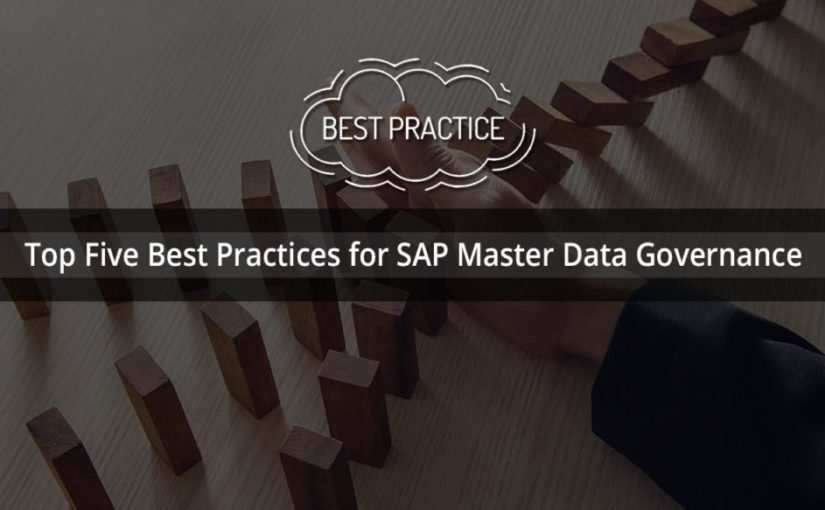
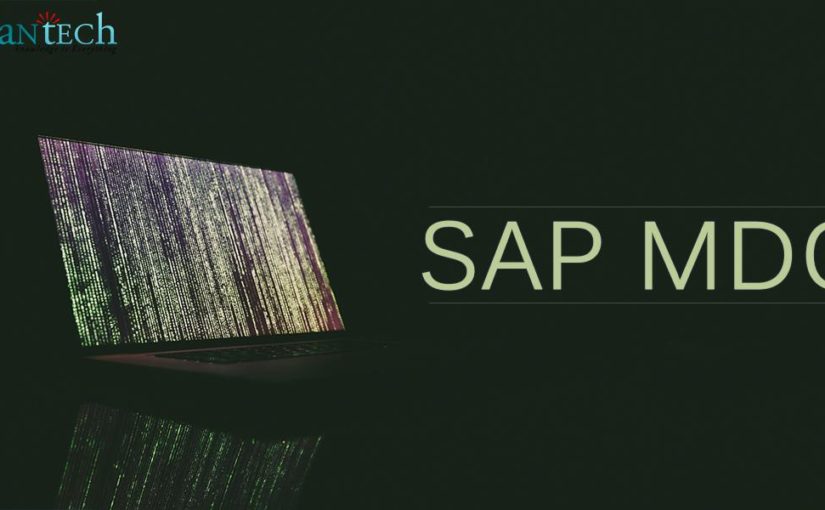
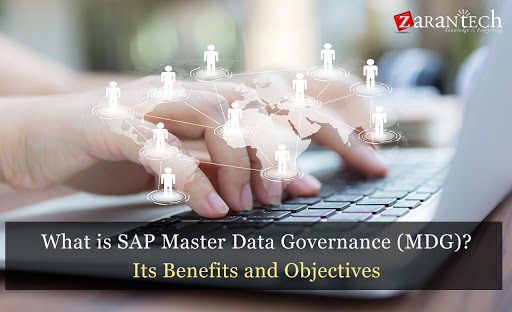
 99999999 (Toll Free)
99999999 (Toll Free)  +91 9999999
+91 9999999